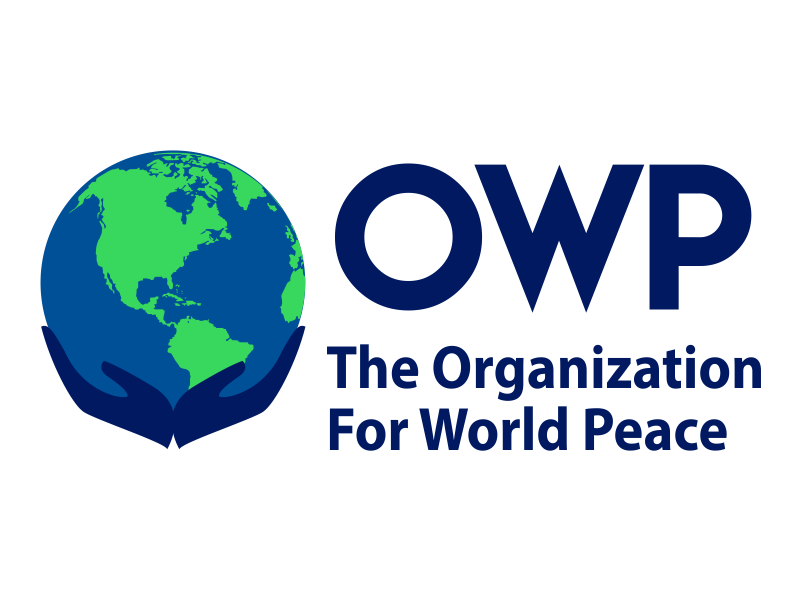An Israeli appeals court overturned the ruling of a magistrate court on Wednesday, upholding a pact between Israel and Muslim authorities. The pact bans non-Muslim prayer at the Al-Aqsa Mosque compound, which the previous court ruling would have allowed. This decision follows protests from the Palestinian leadership and threats from armed factions, according to Reuters, thus likely easing tensions in the region.
Judge Einat Avman-Moller, when giving her ruling, said that the Jewish right to prayer at the compound “Should be superseded by other interests, among them the safeguarding of public order.” One of the lawyers for the defendants said, “It is strange and regrettable that, in the 21st century, in a Jewish and democratic country, the basic human rights of Jews would be so harmed.” After the initial decision on Sunday, the chairman of parliament’s Foreign Affairs and Defence Committee, Ram Ben-Barak, told a radio station, “We should not, with our own hands, cause a religious war here or all kinds of provocations that are liable to ignite the Middle East,” according to Reuters.
It is clear that Israeli authorities are aware of the tensions existing in the area and are making efforts to lessen them and the threat they pose to civilians. However, maintaining the status quo in this way is not a sustainable solution. Both Palestinians and Israelis are demonstrably unhappy with the current situation, as demonstrated by the lawyer’s statement and the negative reactions of Palestinians toward the annual “flag march” through Jerusalem. While the initial decision evidently increased anger and the risk of violence in the region, these issues remain at a lower level after the reversal of the decision, and a more integrated solution must be found.
A senior Israeli lawmaker had said that the previous court decision was risking “religious war” as retribution. The court decision rescinded a restraining order against three Jews who had tried to pray at the Al-Aqsa Mosque compound, which is forbidden under the pact, with the judge stating that the actions “[did] not raise worry of harm befalling national security, public safety or individual security.” The prime minister’s office stated it would appeal the ruling soon after it was given, while a Palestinian authority stated that the ruling was “a grave assault against the historical status quo … and a flagrant challenge to international law.”
Tension has existed in the area since Israel occupied part of Jerusalem, the event that the flag march is planned to memorialize. According to Al Jazeera, Israeli police raided the compound during Ramadan, citing the need for protection of non-Muslim visitors. Hamas and other militant groups have also threatened action if the march continues as planned, prompting the U.S. Embassy in Jerusalem to advise that its people not enter the Old City on the day of the march. Both Muslim and Jewish worshippers view the site as historically linked to their religion and containing some of their holiest sites, causing both groups to desire access to it and the right to pray there.
The “status quo” arrangement has been an attempt to appease divided populations visiting and living in Jerusalem, but it is clearly insufficient. The pact can be interpreted differently by varying authorities, leading to disappointment and anger when any group sees action as violating it. Because of the ongoing tensions, this can lead to violent action, causing harm to civilians. Leadership from the various communities with interest in the area must come together for deliberation on how the situation can be improved, as well as communicating with their own communities to minimize violent reactions to efforts to reach a consensus.
- Chile Announces Plan To Search For The Pinochet Dictatorship’s Disappeared - November 6, 2023
- U.S. Healthcare Providers Sue Over Threats To Prosecute Out-Of-State Abortions - October 11, 2023
- Beating Projections: Anti-Corruption Candidate’s Unexpected Success Provides Hope For Guatemala - August 2, 2023


